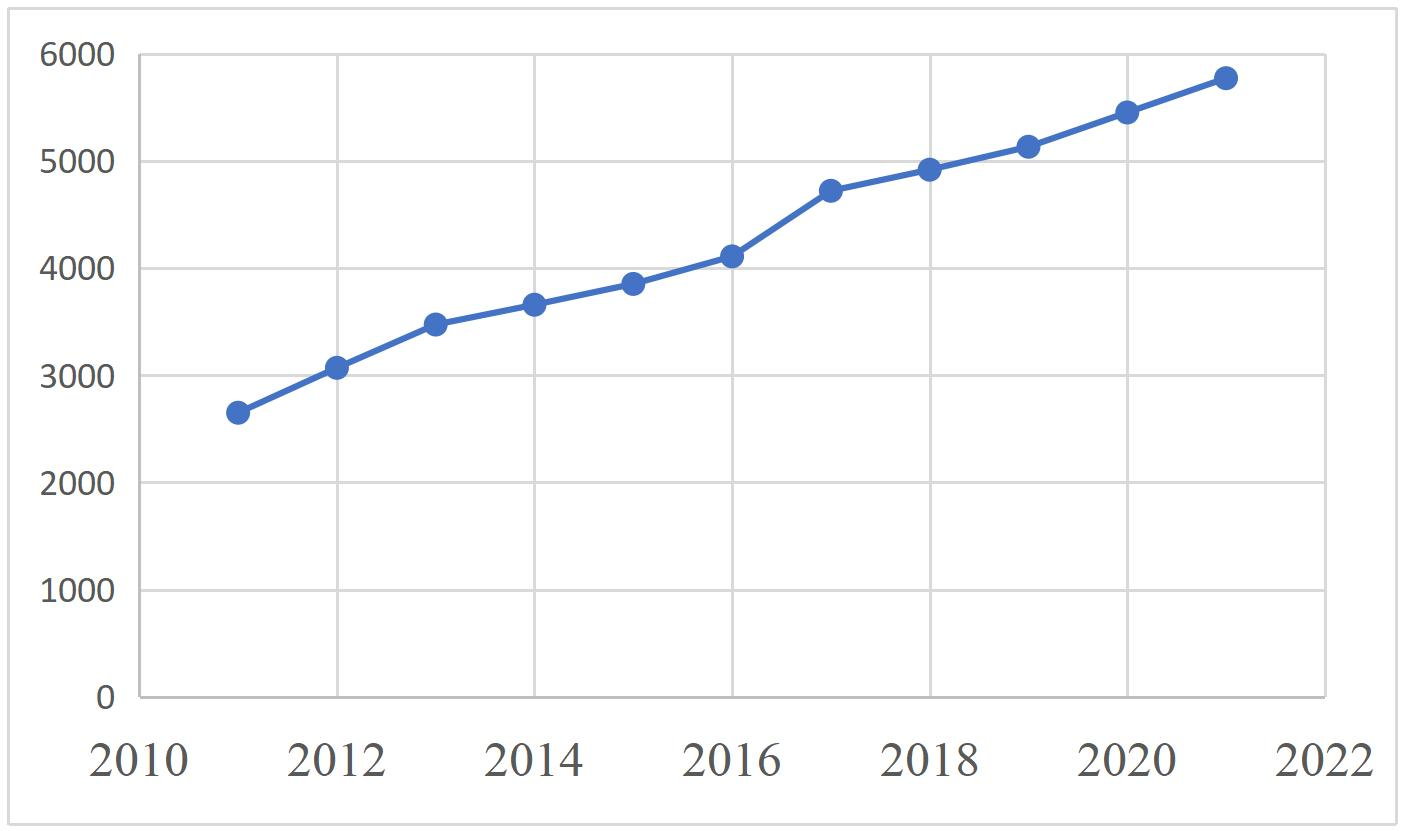Promotion of Intangible Cultural Heritage in China during the Epidemic Using Modern Visual Technologies with Information Security
DOI:
https://doi.org/10.17762/ijcnis.v15i2.6146Keywords:
Intangible Cultural Heritage, Information Security, Digital Museums, Virtual Museum, Virtual Reality, Augmented Reality, Mixed Reality, HolographyAbstract
The transition from physical work to cyberspace has been happening in a very rampant phase in recent years, which has changed and transformed the notion of traditional physical museums into digital but more interactive museums. The worldwide shutdown due to the pandemic has led to the closure of museums and other cultural heritage artifacts. However, a major advantage that could be reaped from technological advancement is the protection and inheritance of age-old Intangible cultural heritage without disrupting its originality by deploying immersive technologies. This study proposes a holistic three-layered framework that considers the possible technologies, storage options, and user views without compromising information security. An overview of the widely deployed technologies is also presented in the work along with its potential usage. The work enumerates the popular technologies, software, and tools that can find their application in the establishment of digital museums. Finally, the work discusses the important challenges and limitations that should be confronted by the digitization of the elements of museums, which are the future research directions. These limitations are a blessing in disguise that can be convolved into the de facto design of the future digital museums to provide a more realistic and appealing experience to the visitors so that the ICH is preserved for generations.
Downloads
Published
How to Cite
Issue
Section
License
Copyright (c) 2023 International Journal of Communication Networks and Information Security (IJCNIS)

This work is licensed under a Creative Commons Attribution-NonCommercial-ShareAlike 4.0 International License.




